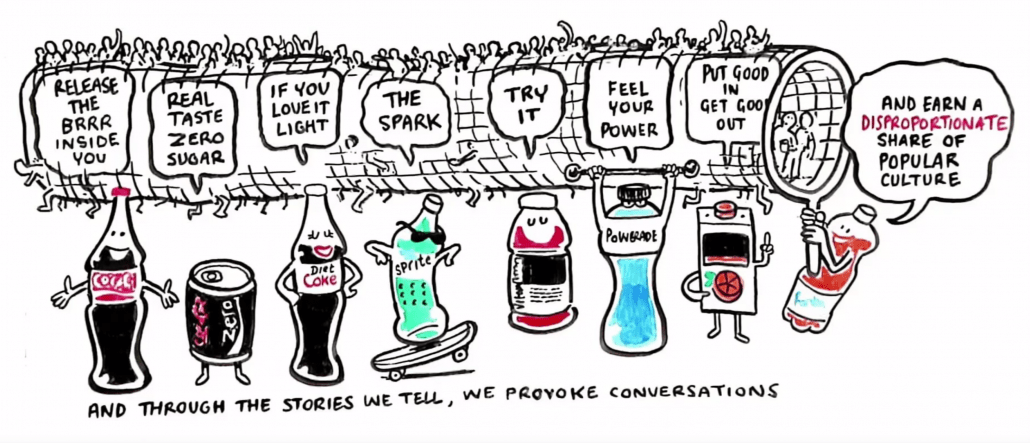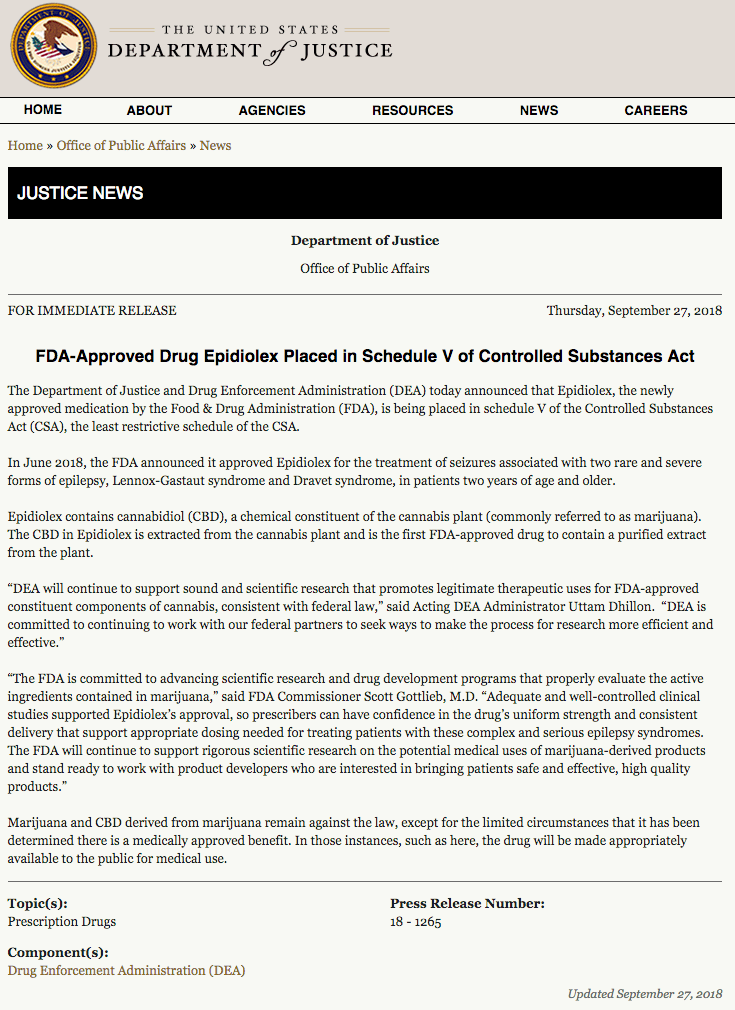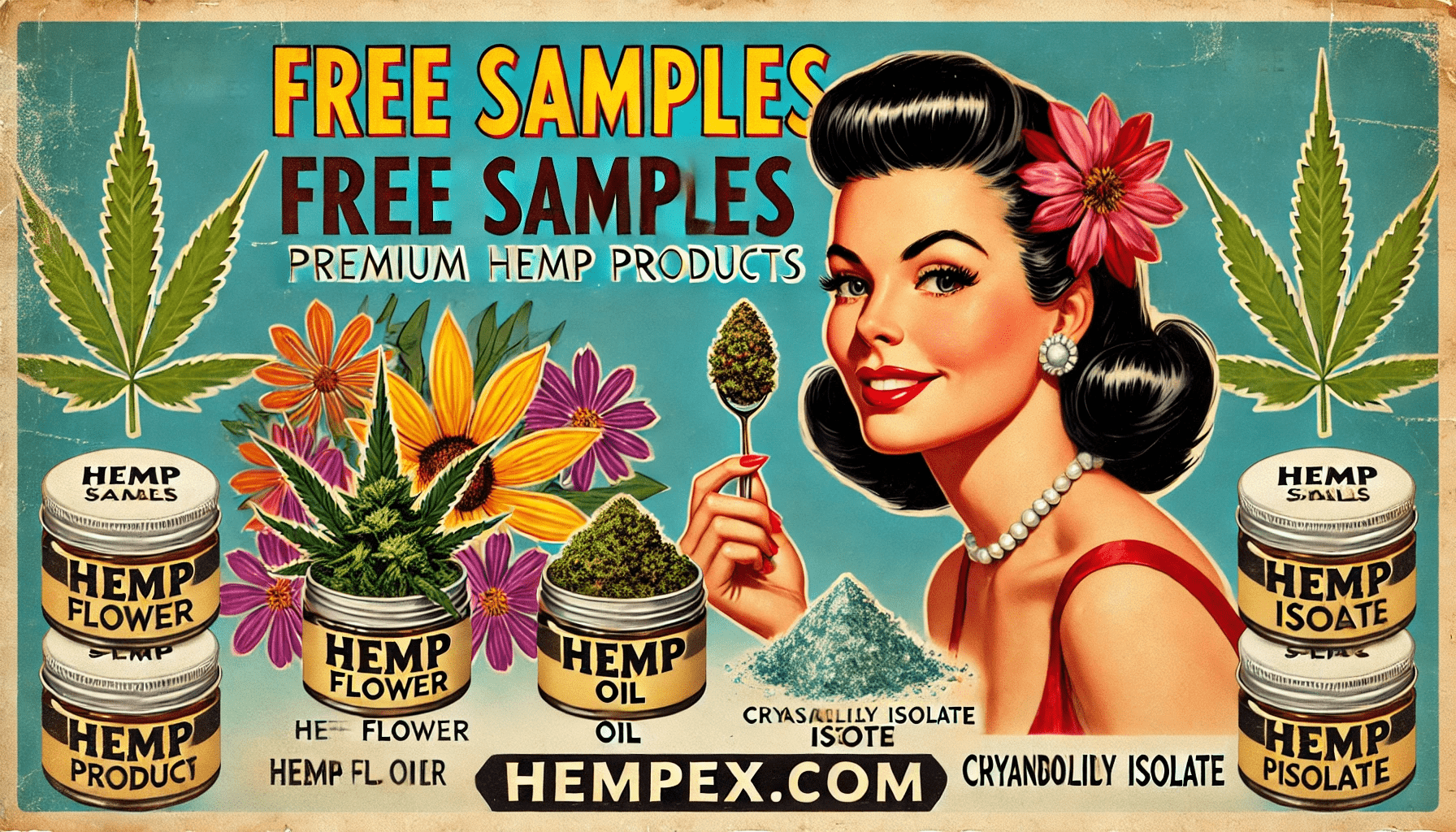CBD Explained: How It Differs From CBD Oil
CBD, short for cannabidiol, has become one of the most popular wellness products in recent years. Extracted from hemp, CBD is known for its potential health benefits without the intoxicating effects associated with THC, another cannabinoid found in cannabis. While many people use “CBD” and “CBD oil” interchangeably, there are significant differences between the two. In this post, we’ll explore what CBD is, the various forms it takes, and how it differs from CBD oil.
What is CBD?
CBD is one of over a hundred cannabinoids found in the cannabis plant, particularly in hemp. Unlike THC (tetrahydrocannabinol), CBD doesn’t cause intoxication or a “high” because it doesn’t bind strongly to CB1 receptors in the brain, which are responsible for the psychoactive effects of marijuana.
CBD has gained popularity for its ability to provide relief from anxiety, stress, inflammation, and pain without the mind-altering effects of THC. As a result, it has become a go-to compound for those seeking natural solutions for health and wellness.
Different Forms of CBD
CBD can be found in various forms, each with unique benefits and uses. Understanding the differences can help you choose the right product for your needs.
1. CBD Isolate
CBD isolate is the purest form of CBD, with up to 99.5% CBD content. This form undergoes extensive refinement to remove all other cannabinoids, terpenes, and plant matter, making it ideal for individuals or manufacturers looking for the effects of CBD without any THC or other compounds.
•Best for: Those who need pure CBD, particularly for precise dosages or THC-free formulations.
•Available at: CBD Isolate from Hempex
2. Full-Spectrum CBD
Full-spectrum CBD contains a full range of cannabinoids, including THC (less than 0.3%), as well as terpenes and other beneficial compounds found in the hemp plant. It is associated with the “entourage effect,” where the combined presence of cannabinoids enhances their therapeutic effects.
•Best for: Individuals seeking the complete benefits of hemp, including minor cannabinoids and terpenes.
•Available at: Full-Spectrum CBD Distillate from Hempex
3. Broad-Spectrum CBD
Broad-spectrum CBD is similar to full-spectrum but with all or most of the THC removed. It retains the benefits of other cannabinoids and terpenes while offering an option for those who prefer to avoid THC entirely.
•Best for: Users looking for a THC-free product but still want the benefits of multiple cannabinoids.
•Available at: Broad-Spectrum CBD Distillate from Hempex
What is CBD Distillate?
CBD distillate is a highly refined hemp extract, containing a high concentration of CBD, typically around 80%, along with minor cannabinoids and terpenes. It offers a potent form of CBD, often used in manufacturing various products such as tinctures, capsules, and vape oils.
•Best for: Those who need a strong, targeted dose of CBD without additional cannabinoids or terpenes.
•Available at: CBD Distillate from Hempex
CBD vs. CBD Oil: The Key Differences
While CBD refers to the compound itself, CBD oil typically refers to a product made from CBD extract (often in distillate form) combined with a carrier oil. In simple terms, CBD is the main ingredient, and CBD oil is the final product that contains CBD along with other ingredients.
How CBD Oil is Made:
1. Carrier Oil: CBD distillate or isolate is mixed with a carrier oil, such as hemp seed oil or MCT oil, to make CBD oil.
2. Additional Ingredients: Some CBD oils may include flavorings, additional cannabinoids, or vitamins depending on the brand and formulation.
CBD oil offers a convenient way to consume CBD, and the added carrier oils help improve the absorption of cannabinoids in the body.
Common Uses of CBD Distillate and CBD Oil
CBD Distillate is often found in the following products:
•Tinctures: CBD distillate is suspended in carrier oil for easy sublingual use.
•Capsules: CBD distillate can be encapsulated to provide precise dosing without the strong flavors of hemp.
•Vape Products: CBD distillate is commonly used in vape oils and cartridges for quick absorption into the bloodstream.
CBD Oil: On the other hand, CBD oil is typically consumed sublingually or added to food or beverages. It provides a more diluted version of CBD compared to distillate, making it ideal for everyday wellness routines.
Conclusion
Understanding the difference between CBD and CBD oil is key to selecting the right product for your needs. Whether you’re looking for the pure effects of CBD isolate, the full-spectrum benefits of multiple cannabinoids, or a potent dose of CBD distillate, there’s a product tailored to your specific preferences. As always, choose high-quality CBD products like those offered by Hempex, where quality and transparency are a top priority.
Related Products:
•Broad-Spectrum CBD Distillate
CBD, short for cannabidiol, has become one of the most popular wellness products in recent years. Extracted from hemp, CBD is known for its potential health benefits without the intoxicating effects associated with THC, another cannabinoid found in cannabis. While many people use “CBD” and “CBD oil” interchangeably, there are significant differences between the two. In this post, we’ll explore what CBD is, the various forms it takes, and how it differs from CBD oil.
https://youtu.be/GzKgFxgqTKo
What is CBD?
CBD is one of over a hundred cannabinoids found in the cannabis plant, particularly in hemp. Unlike THC (tetrahydrocannabinol), CBD doesn’t cause intoxication or a “high” because it doesn’t bind strongly to CB1 receptors in the brain, which are responsible for the psychoactive effects of marijuana.
CBD has gained popularity for its ability to provide relief from anxiety, stress, inflammation, and pain without the mind-altering effects of THC. As a result, it has become a go-to compound for those seeking natural solutions for health and wellness.
Different Forms of CBD
CBD can be found in various forms, each with unique benefits and uses. Understanding the differences can help you choose the right product for your needs.
1. CBD Isolate
CBD isolate is the purest form of CBD, with up to 99.5% CBD content. This form undergoes extensive refinement to remove all other cannabinoids, terpenes, and plant matter, making it ideal for individuals or manufacturers looking for the effects of CBD without any THC or other compounds.
•Best for: Those who need pure CBD, particularly for precise dosages or THC-free formulations.
•Available at: CBD Isolate from Hempex
2. Full-Spectrum CBD
Full-spectrum CBD contains a full range of cannabinoids, including THC (less than 0.3%), as well as terpenes and other beneficial compounds found in the hemp plant. It is associated with the “entourage effect,” where the combined presence of cannabinoids enhances their therapeutic effects.
•Best for: Individuals seeking the complete benefits of hemp, including minor cannabinoids and terpenes.
•Available at: Full-Spectrum CBD Distillate from Hempex
3. Broad-Spectrum CBD
Broad-spectrum CBD is similar to full-spectrum but with all or most of the THC removed. It retains the benefits of other cannabinoids and terpenes while offering an option for those who prefer to avoid THC entirely.
•Best for: Users looking for a THC-free product but still want the benefits of multiple cannabinoids.
•Available at: Broad-Spectrum CBD Distillate from Hempex
What is CBD Distillate?
CBD distillate is a highly refined hemp extract, containing a high concentration of CBD, typically around 80%, along with minor cannabinoids and terpenes. It offers a potent form of CBD, often used in manufacturing various products such as tinctures, capsules, and vape oils.
•Best for: Those who need a strong, targeted dose of CBD without additional cannabinoids or terpenes.
•Available at: CBD Distillate from Hempex
CBD vs. CBD Oil: The Key Differences
While CBD refers to the compound itself, CBD oil typically refers to a product made from CBD extract (often in distillate form) combined with a carrier oil. In simple terms, CBD is the main ingredient, and CBD oil is the final product that contains CBD along with other ingredients.
How CBD Oil is Made:
1. Carrier Oil: CBD distillate or isolate is mixed with a carrier oil, such as hemp seed oil or MCT oil, to make CBD oil.
2. Additional Ingredients: Some CBD oils may include flavorings, additional cannabinoids, or vitamins depending on the brand and formulation.
CBD oil offers a convenient way to consume CBD, and the added carrier oils help improve the absorption of cannabinoids in the body.
Common Uses of CBD Distillate and CBD Oil
CBD Distillate is often found in the following products:
•Tinctures: CBD distillate is suspended in carrier oil for easy sublingual use.
•Capsules: CBD distillate can be encapsulated to provide precise dosing without the strong flavors of hemp.
•Vape Products: CBD distillate is commonly used in vape oils and cartridges for quick absorption into the bloodstream.
CBD Oil: On the other hand, CBD oil is typically consumed sublingually or added to food or beverages. It provides a more diluted version of CBD compared to distillate, making it ideal for everyday wellness routines.
Conclusion
Understanding the difference between CBD and CBD oil is key to selecting the right product for your needs. Whether you’re looking for the pure effects of CBD isolate, the full-spectrum benefits of multiple cannabinoids, or a potent dose of CBD distillate, there’s a product tailored to your specific preferences. As always, choose high-quality CBD products like those offered by Hempex, where quality and transparency are a top priority.
Related Products:



